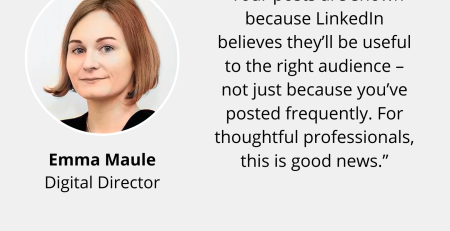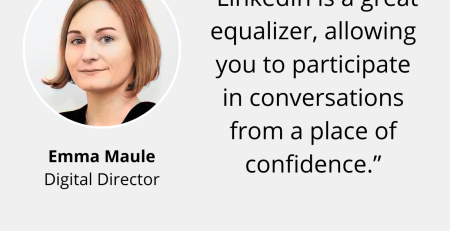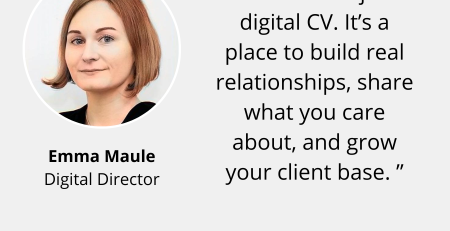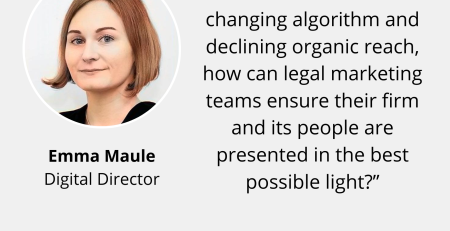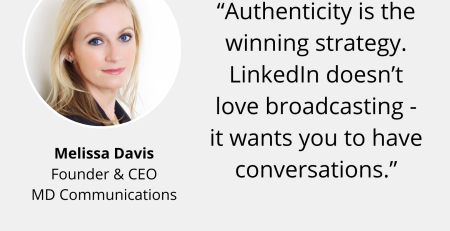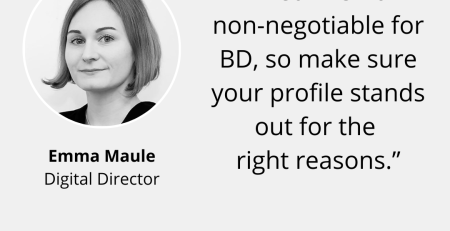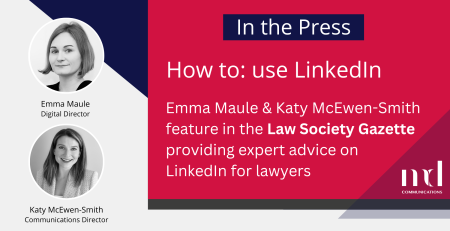In March last year, The Law Society published a practice note for solicitors on ‘Protecting Your Online Reputation.’ The note acknowledged not only the importance of the reputation of a firm to its business but also the reputation of affiliated individuals. As channels such as social media have boomed over the past couple of years, much more of our lives is now recorded digitally – even those elements that we might not want to be discoverable by those we interact with in a professional context. Many of us assume that the information, photos and comments that we post online simply disappear into the ether but that often isn’t the case.
When was the last time that you Googled your own name to see what appeared in the search results? Narcissistic as this may sound, it’s the only way to really get perspective on what others can see if they were to search for information on you based on a first meeting. Remember that any information about you is searchable online – for example, your email address. If you used your work email address to register with a website that you might not want your colleagues to know about, it’s still possible that your profile will appear in the search or, if not the profile, then images from that profile that might not be particularly helpful for your business reputation. Some recent stories that turned up in my research for this blog included someone who had Googled an associate’s work email and found their photo on an escort site, as well as another who had Googled a new business contact’s name and found images of them looking blurry eyed and rather sick on a yard of ale challenge without their top on.
Although we are all human and we all have a history, when it comes to reputation it is worth trying to protect this from being unfairly tarnished by elements of ‘civilian life,’ so that the sole focus can remain on your professional behaviour. The Law Society recognised this in its practice note, saying that ‘You/your practice should consider actively monitoring your online reputation – if you do not control your reputation online, others will.’ Actively building a positive online reputation is a great way to counteract any negativity out there – for example, by creating an informative and frequently updated Twitter account that you use to express intelligent opinions and interact with others in your sector. However, it’s also important to continuously monitor the status of your online reputation, as you can never really know where the negativity is likely to come from.
Few of us are high profile enough – or unlucky enough – to be the subject of an active negative smear campaign when it comes to online reputation, but that doesn’t mean that we’re immune to digital reputational damage. Although most of us would like to think our associates and clients are big enough to look beyond the odd character flaw to professional talent, the reality is that we’re often not. If you were faced with the choice of working with one of two equally talented individuals, one of whom had a spotless online reputation and the other whose Google search turned up Facebook photos of them in compromising positions and expressing some fairly borderline racist/sexist/homophobic opinions, who would you pick?


